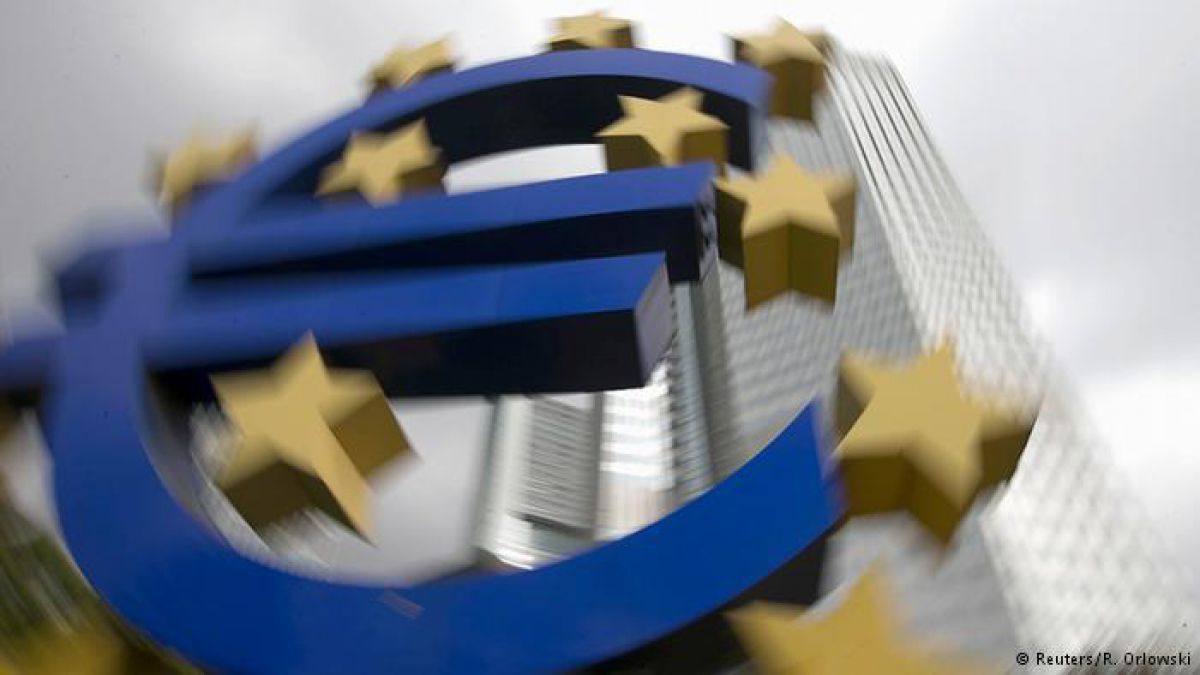If the number of the indicator -which measures variables such as production, new orders, prices and employment- is over 50business activity shows expansionwhile if it is lower it is in contraction.
The figure reflects “an improvement in the sector services and a return to growth manufacturing production“, which is explained by a” growth in demand, the recovery of supply chains, a reduction in stock and greater confidence, “as indicated by S&P.
In the same way, inflation in business costs continues to fallespecially in the manufacturing sector, a situation that contrasts with retail inflation that remains “persistently high”partly due to “the impact of higher wages.”
In any case, the pace of consumer prices stood at a 16-month low, added to the report.
Among the components of the index, the sector services recorded its second month of growth and led the general expansion marking 53.0 pointsafter 50.8 in January, the highest figure since last June.
While, the industry marked its first positive data since last May, totaling 50.4 points after 48.9 last month.
For its part, when analyzing the various countries, S&P indicated that the private activity of France and Germany returned to growth for the first time since October and June, with PMI indices of 51.6 points and 51.1 points, respectively, after marking 49.1 and 49.9 in January.
Another aspect highlighted by the survey was the increased optimism among companies due to less fear of the possibility of a deep recessionand a drop in concerns linked to energy supply and prices.
According to chris williamsonchief economist at S&P, the expansion of activity was “greater than expected” and it is “consistent with a growth of the Gross Domestic Product (GDP) of just under 0.3% in the quarter.”
“Growth was fueled by increased confidence that comes along with easing fears of a recession and signs that inflation has peaked, while in manufacturing there was an improvement in supply after of industries suffered two-year pandemic-related delays,” Williamson said.
Yes ok industrial inflation fallsWilliamson warned that the persistence of the rise in prices in services together with the strength of growth in European activity“could prompt a tightening of monetary policy” by the European Central Bank (ECB).
Goldman Sachs anticipated this Tuesday that the ECB could raise its interest rate for the third time this year and take it to 3.5% given the level of recovery of activity that would show that the effects of recession of high rates are left behind.
In addition to the Eurozone, United Kingdom also presented a positive PMI index, with a rebound after six months of decline in activity.
The lower economic uncertainty, reduced supply shortages and lower inflation coupled with higher demand, allowed the index to rise from 48.5 points to 53.0.
Although Williamson highlighted the resilience of the UK economy Faced with “the rise in interest rates, the cost of living crisis, labor shortages and strikes”, he warned that inflationary pressures could lead to a greater monetary adjustment by the Bank of England “which suggests that the possibility of a recession in the remainder of the year cannot be ruled out”.
The European Commission improved the growth prospects for the common area a week ago and projected a moderation of inflation for 2023.
Source: Ambito




